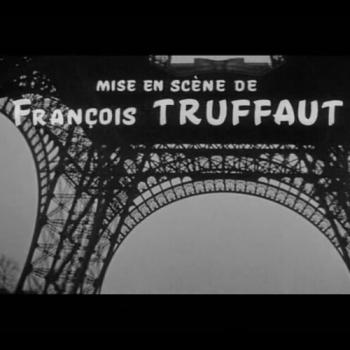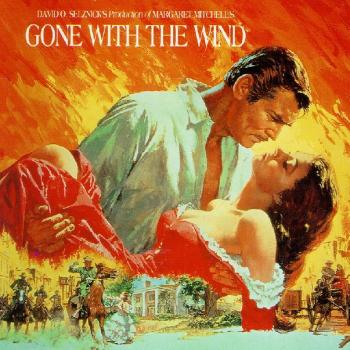
Source: PickPik
No License Required for Use
The “dull” and the “interesting” are more fungible than we’d like to admit. Intersubjectively, this has an obvious ring of truth. As a recommended post from the Dull Men’s Club recently announced on my Facebook feed, some people light up in developing byzantine ways to stir their sugar substitute into their coffee. Though not a licensed therapist, that behavior gets me asking about fathers and Greek mythology. This fungibility, however, goes beyond preference. Presentation can entrance us. Describe for me this man as he stirs his coffee; show me why he cares, why his brain is so broken. Voila! Interest.
Flight attendant safety demonstrations, for instance, fascinate me. For reasons that probably have to do with what we now call “ASMR,” I find the rehearsed, exact movements soothing. But more than that, I love that the imperative is simply to observe. Nothing else is expected of me. I don’t have to interpret what it all means; I don’t have to answer any questions or actively listen. I’m under no obligation to lug my extremities through any half-hearted series of bodily movements. The flight attendants ask that I do no more than watch. Their disappearance from flights—the creeping dominance of in-flight video instruction—causes me much heartache. Another point for Team Luddite.
Jean-Pierre Melville’s Le Cercle Rouge (1970) hypnotized me in this way. The film is a thriller about procedure, as if one were to make the Transformers’ movies about an originary mechanic-god and the hulking, intricate parts and attentive movements he used to create the first car-samurai hybrids. And yet, it thrills. A series of potential coincidences and bends in the cosmic fabric lead a crack team of convicted criminals and drunk cops to rob a jewelry store. We watch as the robbers scale the elegant façade and slice a smooth, round circle out of a bathroom window. Melville constantly cuts back to the security guard within: did he hear something? Should he keep reading his paper? What does it look like when thieves slowly lower their gear bags onto hard, noisy tile? How suddenly must they rush the lone night watchmen? And how to best him?
In one extended scene, we watch a crack shot turned wasted policeman configure his gun and prepare for an exacting, exact shot. This is his one hope, a moment of redemption. He must drill his homemade bullet into a tiny lock to deactivate the business’ security. If he fails, the sneaking will have been for naught. Melville’s shots are long and static, allowing us to watch the gunman’s hands as he links barrel to stock and plants the scope. Now we see him aim. Suddenly, he brushes aside the tripod, the gun blasts near silently, and we wait to see if this process has redeemed him—and saved our other protagonists to boot.
In this attention to seemingly dull detail, Melville takes after his namesake. Ole Herman loved an excursus on whale parts and old, sea-crusted masts. With these neglected, almost clinically uninteresting parts, he produced my favorite novel. With much the same, his French admirer has made what might seem impossible: a gripping tale of small things done well.
















